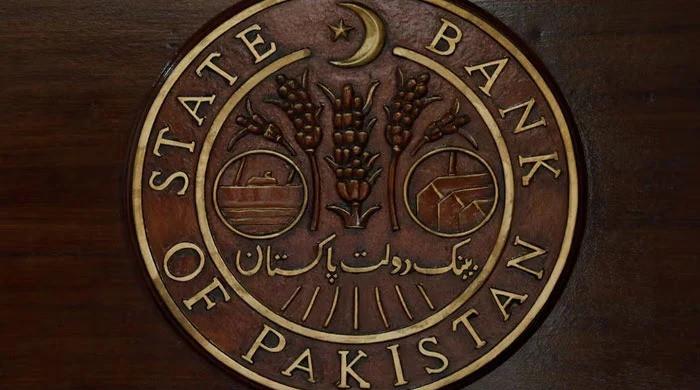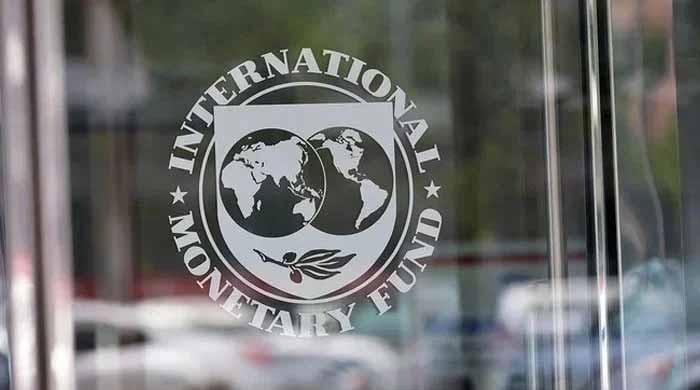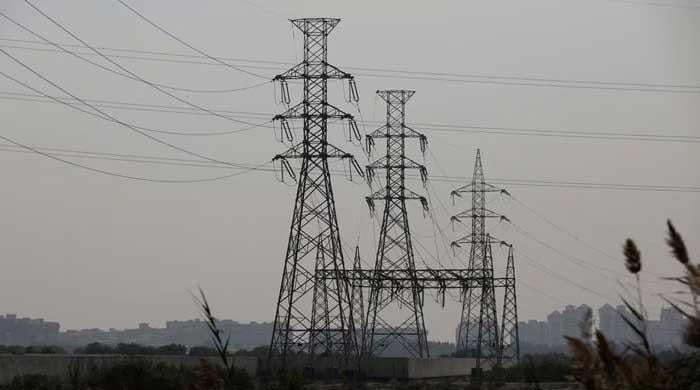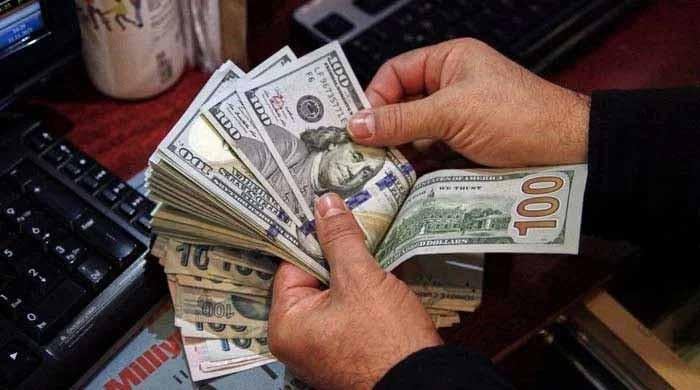LNG shortage — a nightmare for inflation-weary Pakistanis
LNG shortfall means Pakistan will definitely suffer power outages over the winter, it will hit exports, industry
June 22, 2023
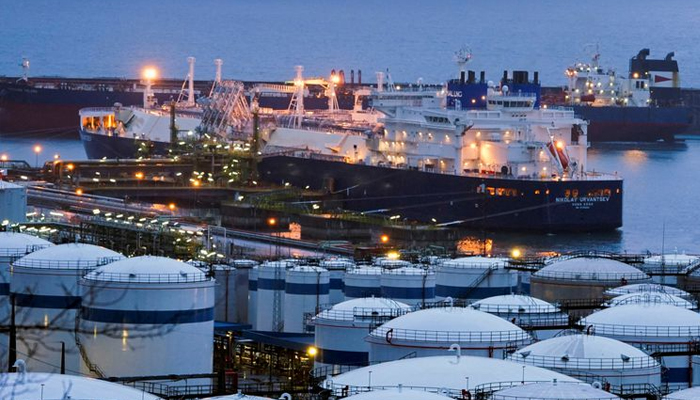
For Pakistan, last winter proved to be more than frigid as a rebound in demand outstripped the supply of available gas — hence rolling power blackouts in summer — as the country thrusts towards an even icier cold season amid ever-increasing energy uncertainty.
The cash-strapped nation only started importing liquefied natural gas (LNG) 6-7 years ago, but its growing dependence on the super-chilled fuel is starting to turn into a nightmare.
The shortfall means the nation will “definitely” suffer power outages over the winter, it will hit exports, industry, and general morale more than anything else.
Pakistan does get more than half its LNG under long-term contracts, which provides some protection against the volatile spot market. Pakistan recently also made a framework with Azerbaijan’s state-owned LNG producer for shipments below market prices, without revealing a start date.
But the nation still requires spot shipments through the winter months, and it failed in its first attempt in about a year to buy LNG from the spot market, with no suppliers of the power-station fuel offering cargoes.
No companies responded to Pakistan LNG Ltd.’s tender to purchase six shipments for October-to-December delivery, which closed on Tuesday, said traders with knowledge of the matter who didn’t want to be named as they aren’t authorised to speak to media.
The energy crisis continues to roil Pakistan and it may face a severe shortage of gas this summer or next winter.
“Unavailability of LNG in winters will lead towards gas shortage in high demand season,” Arif Habib Limited Head of Research Tahir Abbas said while speaking to Geo.tv.
The situation is alarming as now Pakistan will scramble to avoid a repeat of the massive power cuts it faced last year as industry officials and analysts warn that the crisis is likely to worsen this year because of a shortage of LNG.
Moreover, the reliance on furnace oil-based electricity will increase and the inflation-weary people — who are already struggling to make ends meet due to the record high 38% inflation rate that was locked in May — will get costly electricity as generation costs will likely jump further.
Summer and winter are going to be difficult because the ongoing economic and political crisis has driven a huge wedge between affordability and availability.
Why didn’t Pakistan receive LNG bids?
Commenting on why the country didn’t receive any bids, Abbas explained that the country is facing a dollar liquidity crisis and international banks are reluctant to vet the payments leading to no interest from international LNG sellers.
Meanwhile, Dr Khaqan Najeeb — a former adviser to the finance ministry — said it is understandable considering Pakistan’s low reserves buyers are vary of Pakistan’s credit risk.
“We all know that Pakistan is struggling with a weakening currency and heightened risk of sovereign default as seen in the weakening of our bond abroad. Couple that with global LNG supplies which are still relatively tight; however, that is not the main reason as other countries like Bangladesh and Thailand have been able to hold tenders and did receive bids for LNG supplies,” he added.
Dr Najeeb cited Pakistan's economic distress as one of the reasons that had made it hard for overseas lenders to accept letters of credit (LCs) for Pakistan to purchase LNG.




